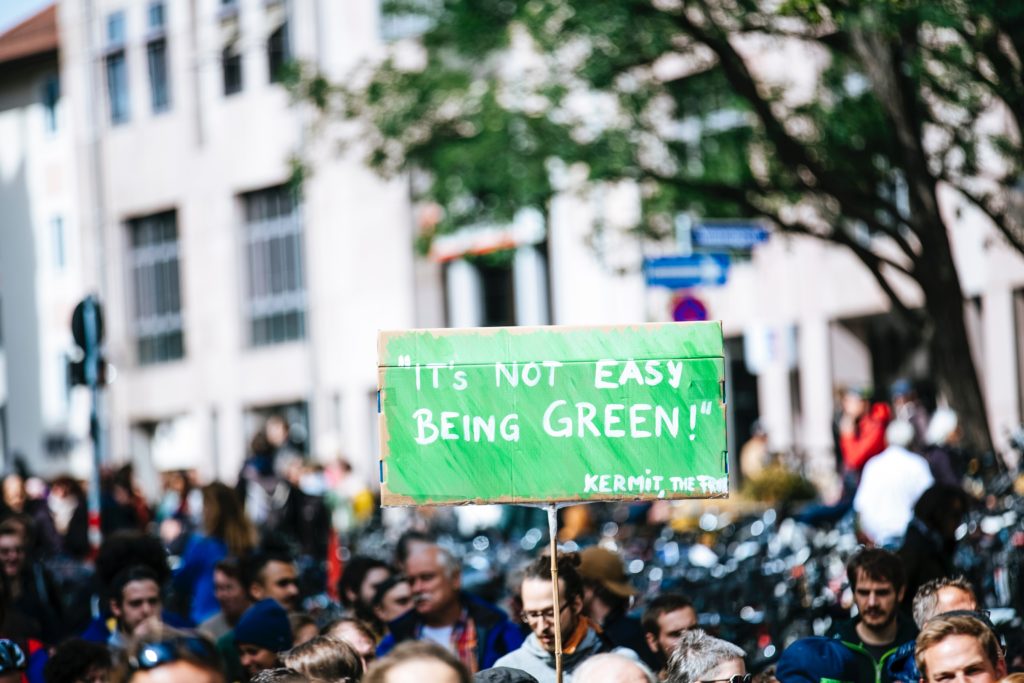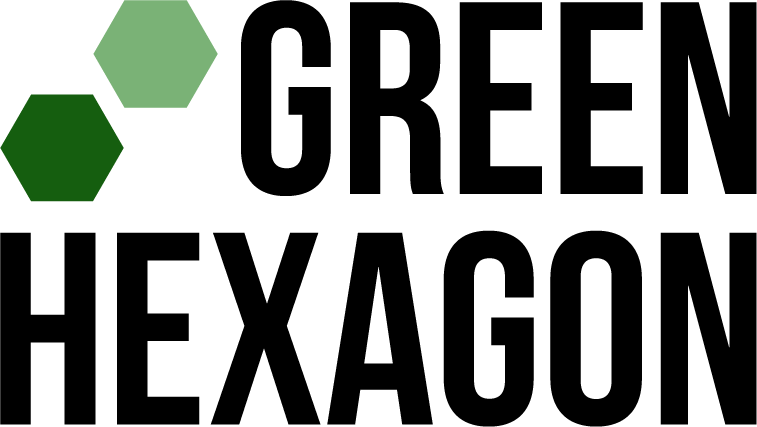challenges

The world needs your solutions
The international pre-incubation programme “Green HExagon” invites students, graduates and university employees to generate sustainable solutions to the challenges facing our world today.
Below you can find some challenges that are elaborated by the project team. Select the one that inspires you the most and that you would like to solve during the programme. Participants can also dedicate themselves to one or more Sustainable Development Goals (SDGs) outlined by the United Nations without reference to the given challenges. Just find solutions to help achieving the SDGs!
Have your own idea you wish to develop? Apply to the programme and start to develop it together with us!
Be sustainable! The world needs your support to solve the following challenges:
Food waste reduction and recycling.
In households, cafes and shops, regularly the public is throwing away food and organic food waste is going to the usual waste bins. How to reduce and recycle organic waste?
Coffee grounds, for example, currently go to waste, but they can also be used as fertiliser on which to grow mycelia or other fungi.
Cleaning up water reservoirs/sewage/groundwaters, reducing water reservoir overgrowth.
Water pollution is actively overgrowing water reservoirs, but by protecting it from human influence, water reservoirs and habitat can be protected in a preventive way. How to address this?
For example, animal waste from industrial farming pollutes groundwater, contributing to overgrowing rivers. Recycling livestock waste can successfully reduce river overgrowth.
Alternative packaging, no use of plastic products.
Petroleum resources are gradually depleting and pollute the environment because they take too long to decompose. By looking for alternative biodegradable materials, we can reduce pollution.
For example, recycling algae and using it as a packaging material, which can both protect goods from moisture and recycle faster than plastics, has shown successful results.
The circular economy of packaging – is it possible to promote the reuse of existing packaging?
For example, when the pandemic started, people started to buy more products online, which led to their packaging ending up in the waste stream. If packaging had double glue lines, it could be reused.
Often people forget their cloth bag when buying groceries in the shops, which results in a new bag being bought and people’s homes just stocking up on bags. If recycling and exchanging bags for sturdier ones were introduced, the number of plastic bags ending up in the environment could be reduced.
Recycling of waste and small electronics – oil products, textiles, electronics, livestock waste, use of algae in recycling.
How to reduce waste to landfill in an effective and environmentally friendly way? Plastic-eating algae are being researched to significantly reduce waste.
Urban/rural mobility.
How to reduce fuel consumption and air pollution in cities? How to reduce congestion and promote micro-mobility in cities? How to improve traffic in rural areas?
For example, the use of robots with pre-programmed routes is proposed to reduce the use of cars for food deliveries.
Reducing chemicals in agriculture, promoting organic farms, circular farming.
How to reduce the negative environmental impact of agriculture? For example, using mixed farming can reduce the use of pesticides in agriculture by growing plants that repel insects.
Efficient independent production and use of energy.
How to promote the beneficial use of renewable energy?
For example, energy production in households. Promoting the formation of energy communities or villages that share their resources can facilitate the installation of renewable energy sources.
Ensuring inclusive and equitable quality education
Depending on the family into which one is born, one receives certain resources (money, behavior, attitude, network, …) in different amounts that are more or less advantageous. How can children born into families that are less able to pass on advantageous resources and experiences be enabled to acquire the appropriate resources in an appropriate way?
For example, certain (intelligent) toys can improve advantageous behavior (of children and parents)
Ensure healthy lives and promote well-being for all at all ages
Although it is well known that there are lots of unhealthy products like alcohol, tobacco, sugar etc., lots of people are consuming them in an unreasonably high amount, which could lead to sooner or later to severe health issues. How can people having unhealthy behaviors or simply consuming too high number of unhealthy products be influenced to performing healthy activities or consuming healthy products?
For example, via healthy and tasty food, creative communication, apps leading to change of behavior.

Can you help the world overcome them?
The Green HExagon pre-incubation programme is a 4-month long online programme which provides support for the development of your green ideas through guidance from international experts and mentors.
